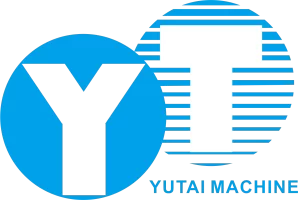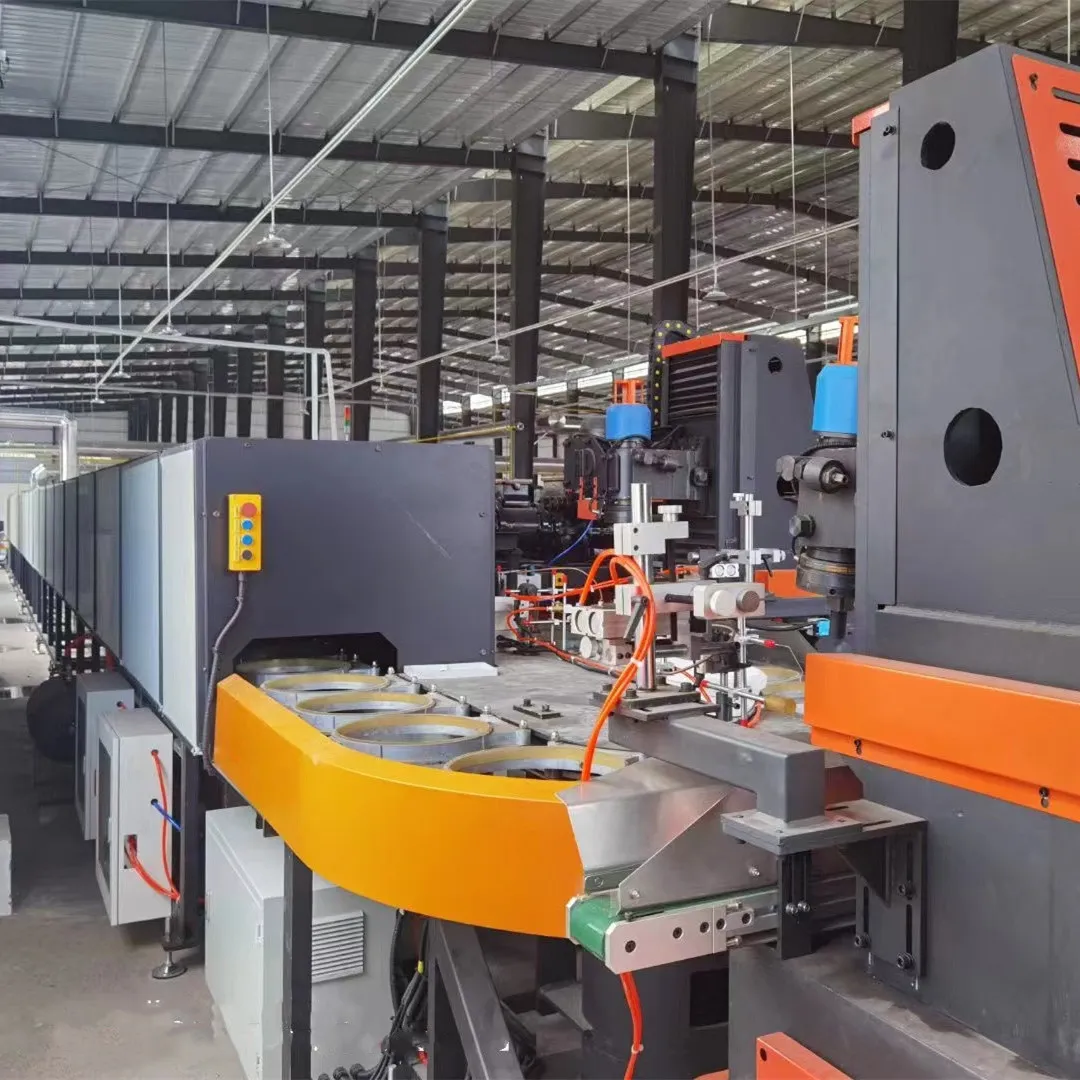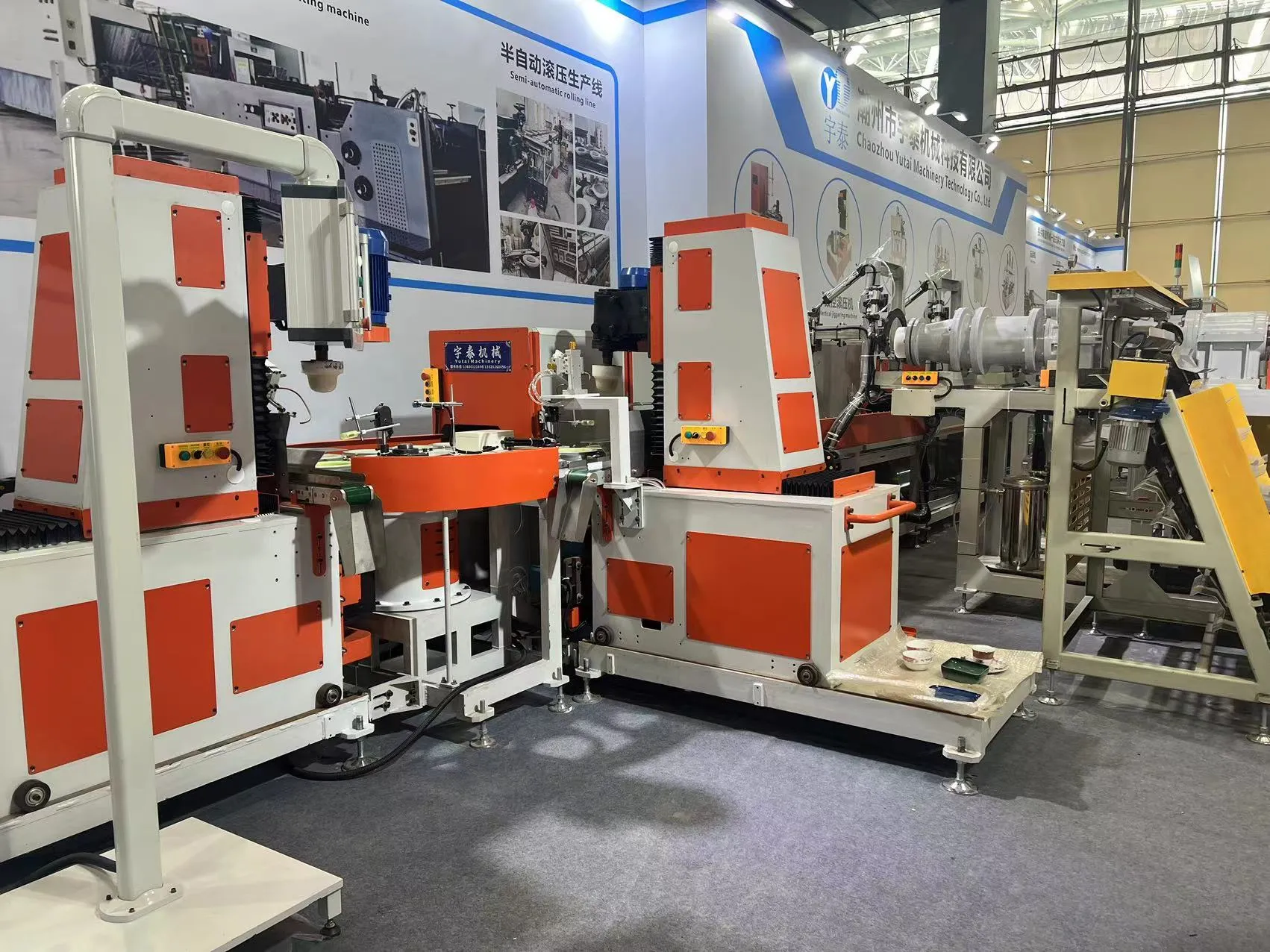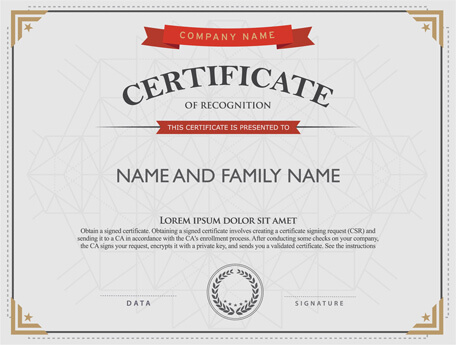
L'achat de certificats pouvant être acceptés par le marché cible et le respect des normes pertinentes sont les conditions essentielles pour garantir le dédouanement, l'application et le fonctionnement en toute sécurité des produits de l'UE. machines pour la céramique l'exportation. En tant que fabricant professionnel de machines à céramique, Yutai s'est toujours engagée à fournir à ses clients des équipements de haute qualité répondant aux normes internationales. Cet article examine les certifications les plus courantes des machines à céramique destinées à l'exportation, afin de vous aider à prendre de meilleures décisions d'achat.
Marché européen : Certification CE
Certification CE (Conformité Européenne) est un "passeport" pour entrer sur le marché de l'UE et s'applique à la plupart des produits mécaniques. Pour les machines céramiques, telles que machines de formage automatiques, fours de cuissonetc., il est généralement nécessaire de se conformer aux directives européennes suivantes :
- Directive Machines 2006/42/CE: Assurer la sécurité des machines et la santé des utilisateurs
- Directive basse tension 2014/35/EU: Applicable aux équipements électriques dont la tension nominale est comprise entre 50 et 1000V
- Directive sur la compatibilité électromagnétique 2014/30/EU: Exige que l'équipement ne génère pas d'interférences ou ne soit pas perturbé dans un environnement électromagnétique.
Machines à céramique de Yutai, exportée en Europe, peut fournir des produits et des documents connexes conformes aux normes CE en fonction des besoins des clients.
Marché nord-américain : Normes UL, CSA et OSHA
Pour machines pour la céramique exportés vers les États-Unis et le Canada, les certifications et normes suivantes sont particulièrement importantes :
- Certification UL (Underwriters Laboratories) : principalement pour la sécurité électrique et les risques d'incendie
- Certification CSA (Association canadienne de normalisation)Le système d'information sur la sécurité : utilisé au Canada, il met l'accent sur la sécurité des structures mécaniques et des systèmes électriques.
- OSHA (Administration américaine de la sécurité et de la santé au travail) exigences de conformité : spécifications relatives à la sécurité du travail pour les machines et équipements d'usine
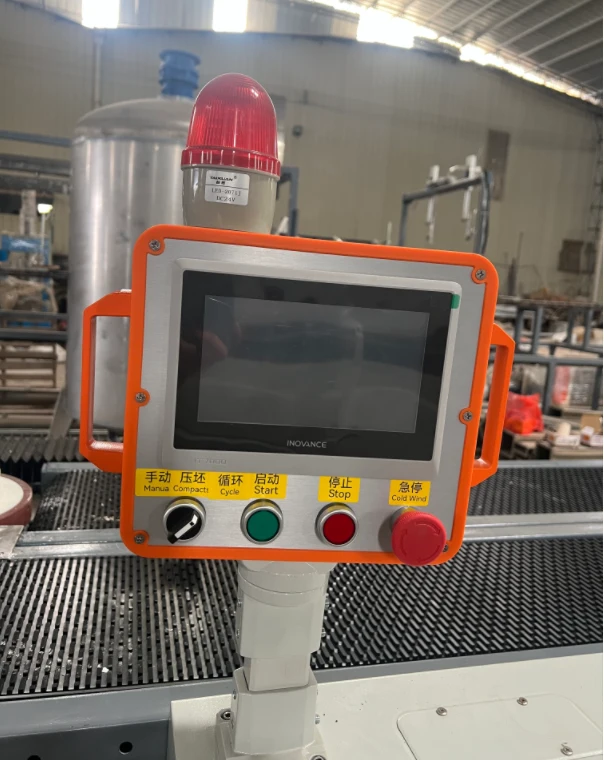
Bien que la certification sur le marché nord-américain ne soit pas un passage obligatoire comme la norme CE, la plupart des clients et des revendeurs exigent toujours des fournisseurs qu'ils fournissent des instructions de conformité pertinentes afin d'éviter les risques liés à l'importation.
Marchés du Moyen-Orient et de l'Afrique : SASO, G-Mark, etc.
Certains pays du Moyen-Orient ont également leurs propres exigences en matière de certification :
- Certification SASO (Saudi Arabia Standards, Metrology and Quality Organization)Le système d'information sur la sécurité : utilisé en Arabie Saoudite, il met l'accent sur la sécurité des équipements et des machines électriques.
- G-Mark (Gulf Conformity Mark): utilisé dans les pays membres du Conseil de coopération du Golfe (CCG), y compris les Émirats arabes unis, le Qatar, le Koweït, etc., applicable à certains produits mécaniques et électriques.
Lorsque nous exportons machines et équipements pour la céramique vers les pays du Moyen-Orient, nous pouvons aider nos clients à préparer les matériaux et à effectuer les tests nécessaires pour répondre aux réglementations locales en matière d'importation.
Autres normes internationales communes
Outre les certifications régionales, certains clients multinationaux prêteront également attention aux normes internationales suivantes :
ISO 12100: Principes généraux pour la sécurité mécanique, l'évaluation des risques et les lignes directrices pour la réduction des risques
Normes CEI (telles que CEI 60204-1): Prescriptions de sécurité pour les systèmes électriques des équipements mécaniques
Directive RoHS (Restriction of Hazardous Substances): S'assurer que les produits ne contiennent pas trop d'éléments nocifs, en particulier dans les pays où les exigences en matière de protection de l'environnement sont élevées.
Yutai prend pleinement en compte les exigences des normes internationales susmentionnées dans le processus de conception et de fabrication afin de garantir que l'équipement répond non seulement aux besoins de capacité de production du client, mais aussi à la sécurité et au respect de l'environnement pendant l'utilisation.
Processus de certification et services de soutien pour les machines céramiques destinées à l'exportation
Nous fournissons aux clients des informations et une assistance complètes en matière de certification, notamment
- Déclaration de conformité
- Manuel d'installation et d'utilisation
- Schémas électriques et diagrammes de câblage
- Rapports d'essai de tiers (selon les besoins du client)
- Registres des essais et de la mise en service de l'ensemble de la machine avant l'expédition

Conclusion
Pour les fabricants de vaisselle en céramique, l'achat équipements et machines céramiques certifiés au niveau international permet non seulement d'améliorer l'efficacité de la production, mais aussi de garantir la sécurité de l'exploitation et la conformité aux réglementations. Nous disposons d'une expérience suffisante en matière d'exportation et de pratiques de certification multinationales, Yutai s'engage à fournir à ses clients des solutions fiables et de haute qualité en matière de machines automatiques pour la céramique. Si vous souhaitez en savoir plus sur la certification des équipements ou obtenir des informations sur l'aide à l'exportation, n'hésitez pas à nous contacter. nous contacter.
